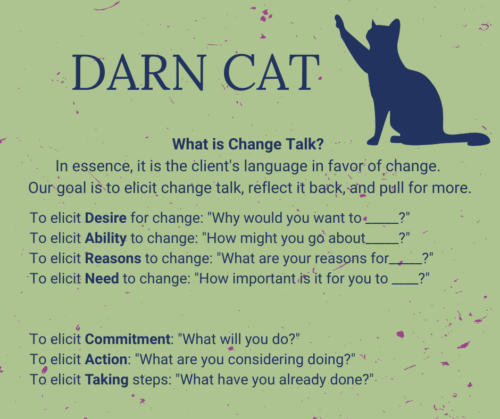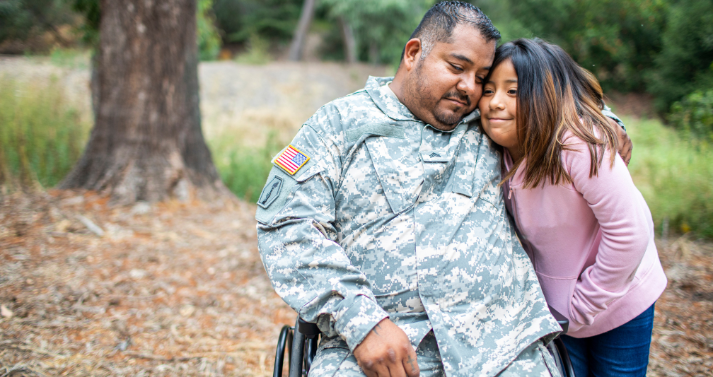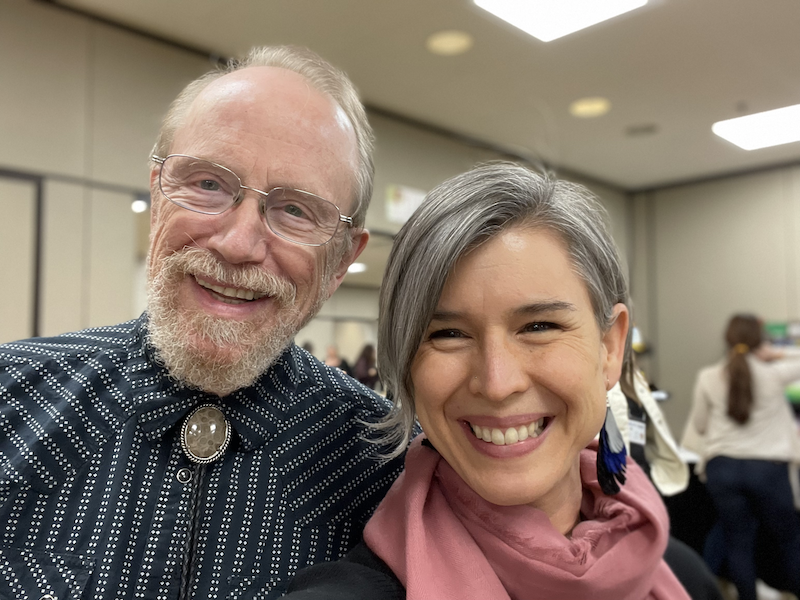Open Questions that Guide! Plus our motivational interviewing cheat sheet

Motivational Interviewing is a guiding style of communication.
We aren’t asking questions about just anything.
Plus, not many of us have time with clients to have meandering conversations. We gotta focus!
And what are we focused on? Change.
Motivational Interviewing is actually a selective way of listening and guiding conversation in a particular direction. In Motivational Interviewing, we do this by approaching clients with the spirit of MI while utilizing OARS skills.
And the O is the first of the O.A.R.S. skills- the microskills of Motivational Interviewing.
(OARS stands for Open-ended questions, Affirmations, Reflections, and Summaries).
What exactly is an Open-ended question?
Well, it’s a question that elicits more than a one word response. A close-ended question elicits one-word responses.
Closed question: “Do you want to talk about goals?”
Open question: “What goals feel important to explore today?”
Closed question: “How many drinks do you have on a typical day?”
Open question: “What’s your relationship with alcohol like?”
Feel the difference?
We get a lot more information with open-ended questions! And, as clients respond, we can practice our deep listening skills.
AND THERE IS MORE TO IT!
Not only are we opening questions, we are targeting WHAT we are asking through our questions.
MI is a guiding style of communication, designed to help someone resolve their ambivalence about change. So, as we guide clients in change conversations, our questions target Change Talk.
CHANGE TALK. Simply put, the client’s arguments for change.
The Change Talk acronym in MI is DARN-CAT. DARN gets at the WHY CHANGE question for clients. It is preparatory change language. DARN: Desire, Ability, Reason, Need. CAT is mobilizing change talk that indicates the action stage of change.
And these questions help you evoke that Change Talk! Because, the more people talk about change, the more likely they ARE to change!

(Like this graphic? Our MI Cheat Sheet has this content!)
So, rather than asking “What is keeping you from making this change,” we ask more questions evoking motivation for change. “What makes this change so important to you right now?” The first question evokes stuckness, while the second evokes change talk!
Motivational Interviewing Tip of the Week: Practice opening those closed questions! Sentence stems like “Tell me…” “What…” & “How…” tend to open up those closed questions! Next, consider what kind of language you are eliciting when asking questions. Do you tend to evoke the barriers to change? Try instead to focus on Change Talk, which makes change more likely!
Let me know how it goes!
Related Posts

Motivational Interviewing Training Online Veterans: 4 MI Tips for Working with Veterans
Every year, we set aside time to honor our nation's veterans, our nation's heroes. What comes to mind when you think about Veterans Day? For me, this brings images of my grandfathers, each in their uniforms from WWII, of the beautiful Veterans cemetery here in...
Related Posts

Motivational Interviewing Miller & Rollnick! Here’s what’s new!
The name “Motivational Interviewing” seems like a less-than-fitting name for what it actually is. For years, even as a trainer, I struggled with the name Motivational Interviewing.“Motivational” makes me think of motivational speakers, cheerleading, and motivating...

Let’s Learn Together!
Hi, I’m Hillary Bolter. At MI Center for Change, Motivational Interviewing is our passion. Motivational Interviewing will help you become more effective and efficient as you support clients’ change!

